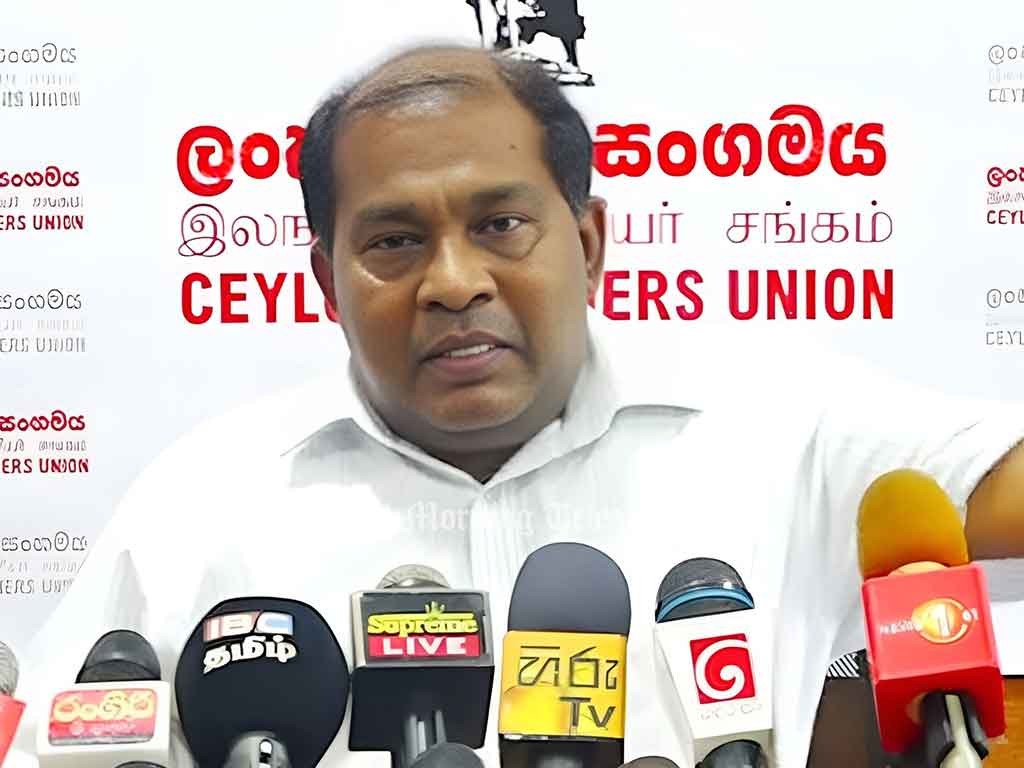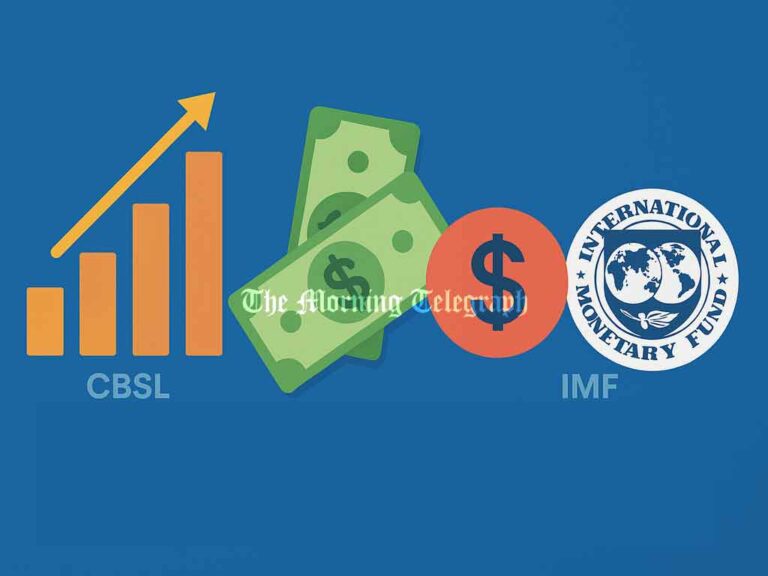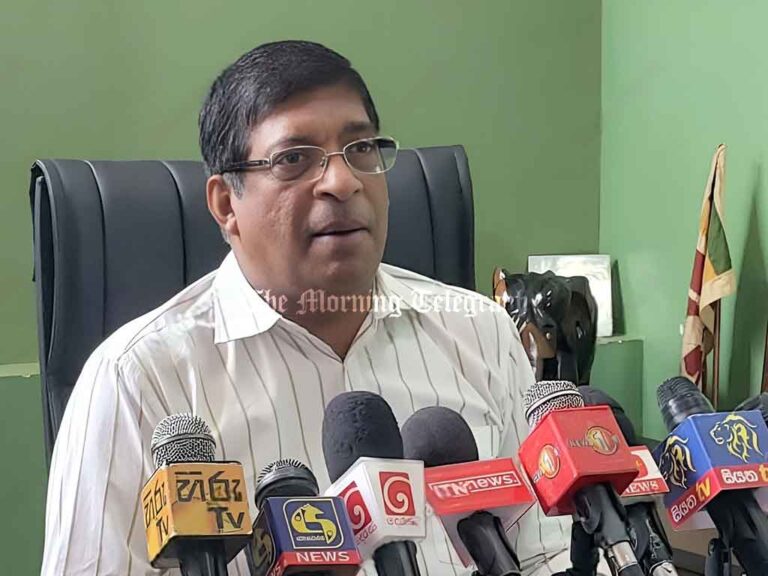
Colombo, Sri Lanka – Joseph Stalin, Secretary of the Ceylon Teachers’ Union, has strongly criticized the recent salary revision for teachers, calling it inadequate and accusing the government of pushing through reckless reforms in the education sector.
Stalin pointed out that, according to the latest circular issued by the Ministry of Public Administration, the salary increase for teachers ranges from only Rs. 3,000 to Rs. 19,000. He argued that this apparent increase is largely superficial, as it was achieved by incorporating an existing Rs. 7,500 allowance previously paid to public servants into the basic salary.
“All public servants fought for a Rs. 20,000 salary increase, but that target has not been met,” Stalin stated, emphasizing that the salary adjustment falls well short of expectations.
Beyond salary concerns, Stalin accused the government of attempting to make sweeping changes to the national education system—specifically in Grades 1 and 6—through the involvement of officials at the National Institute of Education (NIE). He claimed these officials, who have previously faced allegations in audit reports, are now driving policy changes while aligning themselves with the current administration.
“This is nothing short of suicide by the government,” Stalin warned, adding that such reforms are being introduced without adequate consultation with education professionals on the ground.
He also criticized the government’s failure to revise the school syllabus in 2023, despite a standard eight-year review cycle. As a result, approximately 4.3 million students have been forced to continue studying under outdated guidelines for two years.
Despite the government’s pledge to implement significant changes in the education system, particularly in Grades 1 and 6, Stalin noted that, as of the second quarter of the year, neither principals nor teachers have been formally informed of any concrete changes or directives.
Stalin’s remarks add to growing unrest among educators and underline the need for more inclusive and transparent decision-making in the education sector, especially as Sri Lanka grapples with broader challenges in public service reform.




